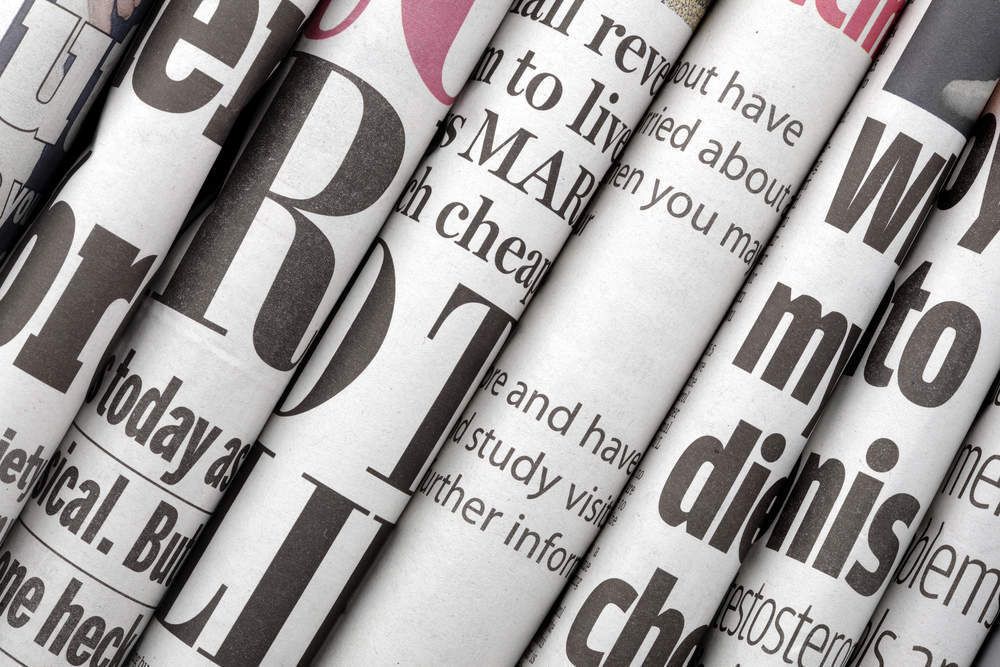
News outlets should share their data with each other to combat the growing influence of technology companies, according to some of the biggest names in media.
Representatives from national newspapers in the UK including The Telegraph, The Times and The Guardian recognise that competing titles need to collaborate more.
If publications come together to pool their customer data, they would have a lot more to offer advertisers, thereby challenging the dominance of Facebook and Google.
To compete with social media platforms and search engines, “collaboration between major news brands” is the only way forward according to Alistair MacCallum, chief executive of the media advertising agency m/Six.
Advertisers are given much more of an incentive to work with technology giants than anyone else, but if newspapers cooperate with each other they will be able to provide advertisers with “insightful data” that those platforms can’t, he said.
However, newspapers need to act now, MacCallum added:
How well do you really know your competitors?
Access the most comprehensive Company Profiles on the market, powered by GlobalData. Save hours of research. Gain competitive edge.

Thank you!
Your download email will arrive shortly
Not ready to buy yet? Download a free sample
We are confident about the unique quality of our Company Profiles. However, we want you to make the most beneficial decision for your business, so we offer a free sample that you can download by submitting the below form
By GlobalDataPublishers have been too slow to move away from the social giants. News publications need to work together with other nationals to surface the value they bring to advertisers.
News UK’s chief operating officer David Dinsmore outlined the tension between news publishers and technology giants at Press Gazette’s Digital Media Summit on Friday.
“News gatherers are spending nearly all the money digging up the news. News is the vital component that makes people really engage with social media,” he said.
“The social media platforms are extracting nearly all the revenue from that news on their platforms,” he added.
By 2020, the two technology giants are expected to take 71 percent of all the money spent in the UK on digital advertising, according to a report by analysts OC&C.
What are the newspapers saying?
Daniel Spears, the programmatic director at The Guardian, stressed that publishers can’t be intimidated by technology giants and need to take back control.
“The Guardian is committed to cooperating with other publishers,” he told attendees at Press Gazette’s Digital Media Summit.
Robert Bridge, the chief customer officer at The Telegraph agrees.
“The biggest opportunity for publishers is on the data side,” he said. “Data is the gold that we need. We shouldn’t be giving it away to technology companies.”
There is reason to be optimistic that newspapers will collaborate, according to Chris Duncan, managing director at The Times.
“The relationship between publishers is more genial than ever before,” he said. “We want a healthy, thriving journalistic industry, where all publications have enough money to spend on getting great stories.”
How can newspapers work together?
Karl Capp wants to give publishers a way to combine their data.
“So many publications are identifying with one another because of the common foe — technology companies,” he said.
Capp, a former Financial Times European regional director is the founder of Newsdit, “a news centred social network and publishing collective.”
A reader can subscribe to any of the 160 publications currently on Newsdit‘s platform, but can also pay for individual articles. All subscription fees go directly to the publisher and a range of international currencies are accepted.




